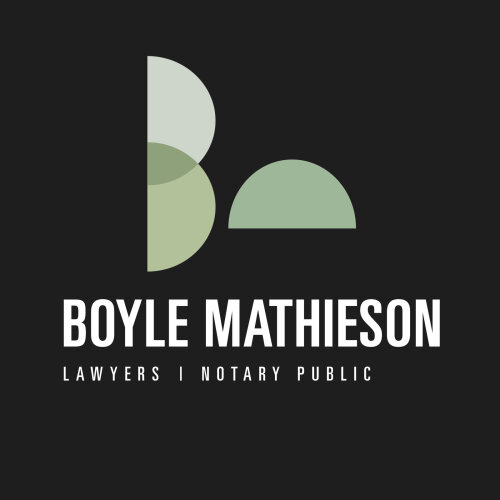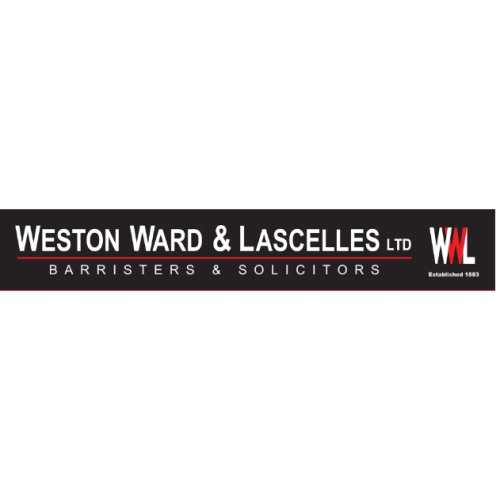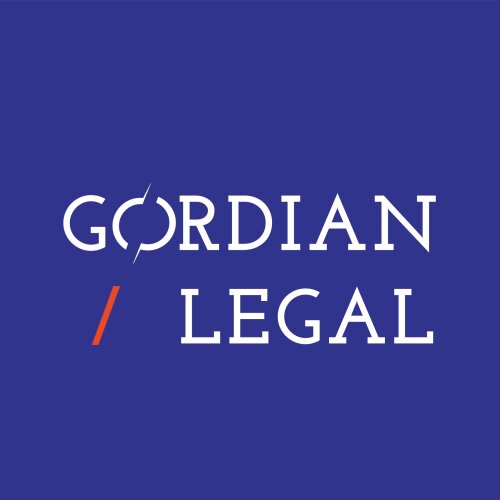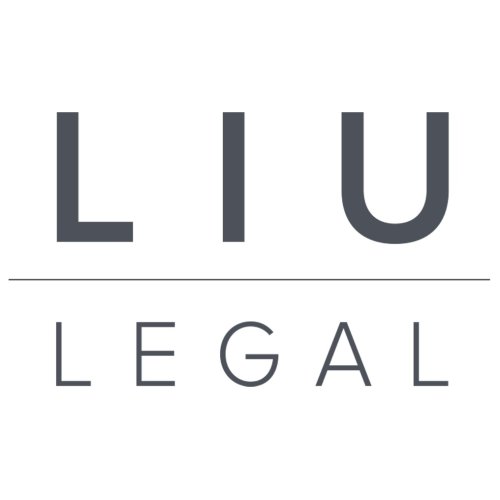Best Commercial Litigation Lawyers in New Zealand
Share your needs with us, get contacted by law firms.
Free. Takes 2 min.
Or refine your search by selecting a city:
List of the best lawyers in New Zealand
About Commercial Litigation Law in New Zealand
Commercial litigation in New Zealand refers to the process of resolving business disputes through formal legal proceedings. These disputes can arise out of contracts, partnerships, shareholder matters, debt recovery, joint ventures, intellectual property, property transactions, construction projects, and more. The process commonly involves negotiation, mediation or arbitration, and, if necessary, court action. New Zealand’s legal system accommodates a wide range of business-related conflicts, offering specialized courts and processes for commercial matters.
Why You May Need a Lawyer
There are many reasons why a business or individual may need legal representation in a commercial litigation context. Common situations include:
- Breach of contract, where an agreement between two or more parties has not been honored by one party
- Disputes between shareholders or business partners
- Debt recovery issues involving unpaid invoices or loans
- Claims relating to misrepresentation or fraud in business dealings
- Intellectual property disputes, such as trademark or copyright infringement
- Disagreements over the sale of goods or services
- Commercial property or leasing disputes
- Competition and consumer law matters
Legal advice is essential to understand your rights and obligations, assess your case, attempt resolution before court, and pursue or defend claims in court as necessary.
Local Laws Overview
New Zealand’s commercial litigation landscape is shaped by a combination of statute law and common law. Key legal frameworks include:
- The Contract and Commercial Law Act 2017, governing contractual relationships
- The Companies Act 1993, dealing with company structure, directors' duties, and shareholder rights
- The Fair Trading Act 1986 and Commerce Act 1986, focusing on fair competition and consumer protection
- The Personal Property Securities Act 1999, relating to secured transactions
- Distinct processes for civil disputes in the District Court and High Court
- Alternative dispute resolution mechanisms, including mediation and arbitration, encouraged by New Zealand courts
It is important to note that court processes in New Zealand are highly structured, with strict rules around evidence, discovery, timeframes, and costs. Cases may be settled at any stage, often encouraged by judges through pre-trial processes.
Frequently Asked Questions
What is commercial litigation?
Commercial litigation involves the legal resolution of business-related disputes, typically through negotiation, mediation, arbitration, or court proceedings.
When should I consult a commercial litigation lawyer?
You should consult a lawyer as soon as a business dispute becomes apparent or if you anticipate a potential claim, to ensure your position is protected from the outset.
What types of issues are commonly litigated?
Typical issues include breach of contract, partnership and shareholder disputes, debt collection, regulatory compliance, misleading conduct, and intellectual property disputes.
What courts handle commercial litigation in New Zealand?
Most commercial matters are handled by the District Court for claims up to 350,000 NZD and the High Court for larger or more complex claims. Some cases may also be heard by specialized tribunals.
How long does commercial litigation usually take?
The length of time varies widely depending on the complexity of the case. Simple cases may resolve within months, while complex cases can take years, especially if appeals are involved.
Can commercial disputes be settled out of court?
Yes, many disputes are resolved through negotiation, mediation, or arbitration, which may save time and costs compared to going to court.
What are the risks of not having legal representation?
Without a lawyer, you might misunderstand your obligations or entitlements, miss procedural deadlines, or fail to present your case effectively, leading to a poorer outcome.
What costs are involved in commercial litigation?
Costs include legal fees, court filing fees, costs of expert witnesses, and, if unsuccessful, the risk of being ordered to pay the other party’s legal costs.
What is discovery in commercial litigation?
Discovery is the process where both parties exchange relevant documents and information to ensure that cases are decided based on all available facts.
How do I enforce a court judgment in New Zealand?
If the other party does not comply with a judgment, there are processes such as charging orders, attachment orders, or liquidation proceedings to enforce payment or compliance.
Additional Resources
- New Zealand Law Society - provides general information on finding a lawyer and understanding the legal system
- Ministry of Justice - offers information about the court process and dispute resolution options
- Citizens Advice Bureau - community guidance for those unsure where to start with a legal issue
- Dispute Resolution Services - various professional bodies can assist with specific types of commercial disputes
- Local community law centres - provide free or low-cost legal advice in some areas
Next Steps
If you are facing a commercial dispute or considering legal action, consider the following steps:
- Collect all relevant documents and records relating to your dispute
- Consider seeking early legal advice to assess your position and strategy
- Explore whether negotiation, mediation, or arbitration is suitable before considering court
- If litigation is necessary, ensure you understand the process, timeframes, and potential costs
- Contact a qualified commercial litigation lawyer who can guide you through the process and help protect your legal and commercial interests
Taking prompt, informed action can help reduce the stress and cost associated with commercial litigation and improve your chances of a positive outcome.
Lawzana helps you find the best lawyers and law firms in New Zealand through a curated and pre-screened list of qualified legal professionals. Our platform offers rankings and detailed profiles of attorneys and law firms, allowing you to compare based on practice areas, including Commercial Litigation, experience, and client feedback.
Each profile includes a description of the firm's areas of practice, client reviews, team members and partners, year of establishment, spoken languages, office locations, contact information, social media presence, and any published articles or resources. Most firms on our platform speak English and are experienced in both local and international legal matters.
Get a quote from top-rated law firms in New Zealand — quickly, securely, and without unnecessary hassle.
Disclaimer:
The information provided on this page is for general informational purposes only and does not constitute legal advice. While we strive to ensure the accuracy and relevance of the content, legal information may change over time, and interpretations of the law can vary. You should always consult with a qualified legal professional for advice specific to your situation.
We disclaim all liability for actions taken or not taken based on the content of this page. If you believe any information is incorrect or outdated, please contact us, and we will review and update it where appropriate.
Browse commercial litigation law firms by city in New Zealand
Refine your search by selecting a city.

















